Can Babies Drink Cold Breast Milk – Pros, Cons and Precautions
- Can a Baby Drink Cold Breast Milk or Formula?
- Pros of Giving Cold Breast Milk or Formula to Baby
- Cons of Giving Cold Breast Milk or Formula to Baby
- Things to Consider While Giving Cold Milk to a Baby
- FAQs
Storing breast milk for later use emerges as a crucial aspect of parenting, offering practicality and convenience to caregivers. Beyond its functional advantages, it also serves as a resource for others involved in feeding the infant. Additionally, there is a notable notion within parenting circles that chilled breast milk might not only serve its primary nutritional purpose but also potentially alleviate the discomfort associated with teething.
However, a pervasive question lingers – Can newborns drink cold breast milk? This query often occupies the minds of parents seeking the best care for their infants.
To comprehensively navigate this topic of babies drinking cold breast milk, it is essential to explore the dynamics of breast milk storage.
Can a Baby Drink Cold Breast Milk or Formula?
As long as you are only feeding your baby either breast milk or formula until they are one year of age, whether it is lukewarm, at room temperature, or even chilled from the fridge, your baby will be fine drinking cold breast milk or formula!
Pros of Giving Cold Breast Milk or Formula to Baby
Here are a few pros that come with feeding cold milk to babies:
- It saves time and energy since there is less work involved.
- Babies used to drinking cold milk often do not have a problem being fed while traveling, where heating bottles may be more complicated.
- Overheating breast milk or formula may sometimes cause your baby to end up with mouth blisters. If overheated, it could also lose its beneficial properties.
- Cold breast milk or formula may help preserve the nutritional integrity of the liquid gold. Minimal exposure to heat reduces the risk of nutrient degradation, ensuring that the baby receives the full spectrum of essential vitamins and antibodies.
- Cold breast milk or formula tends to have a longer shelf life compared to milk that has been heated and cooled multiple times.
Cons of Giving Cold Breast Milk or Formula to Baby
These are the cons of giving cold breast milk or formula to babies:
- Premature babies cannot drink cold milk. For them, warming the milk up a little is far more beneficial.
- Babies who have been too used to drinking warm milk may be shocked by the sudden introduction of cold breast milk or formula, which may cause them to refuse to drink the milk.
- When breast milk is chilled, the fat tends to separate. If this happens, it can become hard to mix a bottle of cold milk.
- Some babies may experience digestive discomfort when given cold breast milk or formula. The sudden introduction of a cold substance to the stomach can lead to temporary digestive disturbances, causing discomfort or fussiness in the infant.
- For breastfeeding mothers, consistently offering cold breast milk could potentially impact milk supply. The breast responds to the baby’s feeding cues, and alterations in the temperature or feeding routine may disrupt the delicate balance, affecting milk production over time.
Things to Consider While Giving Cold Milk to a Baby
While feeding cold breast milk to your baby is fine, there are a few essential things that you should keep in mind when dealing with cold breast milk:
1. Separated Fat Layer
Cold breast milk does have one aspect that you will need to be aware of the fat separates. You may be tempted to throw away the fat to make it easier for your baby to drink the clear liquid, but it is the fat essential for your baby as it holds the essential nutrients that your baby needs. All you need to do to solve the issue of separated fat is to shake the bottle gently. If the fat is not mixing well, warming the bottle just a little will help loosen the solids and help them blend with the liquid.
2. Colour of the Layer of Fat
Once breast milk has been in the fridge for more than half an hour, it will start to form a layer of fat at the top. All of this fat should be consumed by your baby. If you notice that the fat color is different from the rest of the milk, being either darker or lighter, do not worry. Usually, the fat turns slightly darker once it has become a little cold.
3. Fat Gone Bad
As long as the fat in cold breast milk gets dissolved when shaken, you can rest assured that it is good to consume. If the fat does not dissolve but instead starts to form into chunks, the more it is shaken, it is time to throw it out the more it is shaken.
4. No Cold Milk for Sick Babies
If your baby is suffering from an illness, it is best to avoid feeding them cold milk. Warm milk is better as it is a lot more comforting, will help them fall asleep, and may help to reduce some of their symptoms.
5. Cold, Not Frozen
Cold breast milk that has been kept in the fridge is fine to give babies who have been gradually weaned onto cold milk. However, frozen milk is different, and you should avoid giving your baby milk that is just out of the freezer. Leave it to thaw in the fridge for at least twelve hours before you provide it to your child.
FAQs
These are some of the most frequently asked questions about feeding cold milk to babies:
1. Can Cold Breast Milk Cause Constipation in Babies?
There have been no links between cold breast milk and constipation in babies. Instead, it could be more likely to be something that mom ate. If your diet is high in dairy and rice, it is more likely to cause constipation in your baby.
2. Can Babies Drink Milk Straight From Refrigerator?
Babies can technically drink milk straight out of the refrigerator as long as the bottle is shaken well to mix the fat in. However, babies’ bodies are still developing, and they cannot regulate their body temperature well, so rather than cold milk straight from the fridge, it is better to give them cool milk, not cold.
3. Is Frozen or Refrigerated Breastmilk Better Than Formula?
Though the baby formula is made with nutrients that babies need to develop, nothing is better for a child than breast milk. Even if it is frozen or kept refrigerated, breast milk still has higher antioxidant levels and activity than formula, making it a healthier option.
4. Does Cold Milk Cause Weight Gain in Babies?
What causes weight gain in babies is the fat present in breast milk. So, whether the milk is warm or cold, as long as you make sure that your baby is getting all the fat, proper weight gain will be achieved by your baby.
5. Is It Safe for Babies to Drink Cold Milk When They Have a Cold?
It is better to give your baby warm milk if they have a cold as it is more soothing than cold milk and may help them feel better.
6. Can Cold Breastmilk Upset Your Infant’s Stomach?
Cold breast milk generally doesn’t upset an infant’s stomach. Most babies tolerate cold milk well. However, individual preferences may vary, and some infants might prefer milk at a slightly warmer temperature.
7. How Long Can You Store Cold Breast Milk for Your Baby’s Feedings?
Cold breast milk can be stored safely in the refrigerator for up to 4 days. It’s essential to use proper storage containers and follow guidelines for safe handling. Always check the expiration date and smell before feeding to ensure freshness.
There is no risk to feeding your baby cold milk, so whether or not you give your baby cold milk or warm is more about personal preference. If you are still unsure, speak to your baby’s doctor and find out what is best for you.
References/Resources:
1. Tips for bottle-feeding your baby; NCT; https://www.nct.org.uk/baby-toddler/feeding/practical-tips/tips-for-bottle-feeding-your-baby
2. Storage And Preparation Of Breast Milk.; Centers for Disease Control and Prevention; https://www.cdc.gov/breastfeeding/pdf/preparation-of-breast-milk_H.pdf
3. Frequently Asked Questions | Breastfeeding; Centers for Disease Control and Prevention; https://www.cdc.gov/breastfeeding/recommendations/faq.html
4. Proper Storage and Preparation of Breast Milk; Centers for Disease Control and Prevention; https://www.cdc.gov/breastfeeding/recommendations/handling_breastmilk.htm
5. Constipation Treatment for Infants and Children; Global Nutrition Services; https://hsc.unm.edu/medicine/departments/pediatrics/divisions/continuum-of-care/pdf/constipation-treatment-infants-children.pdf
6. Once Baby Arrives – Food Safety for Moms to Be; U.S. Food & Drug Administration; https://www.fda.gov/food/people-risk-foodborne-illness/once-baby-arrives-food-safety-moms-be
7. Bransburg-Zabary. S, Virozub. A, Mimouni. F; Human Milk Warming Temperatures Using a Simulation of Currently Available Storage and Warming Methods (PLOS ONE); National Library of Medicine; https://www.ncbi.nlm.nih.gov/pmc/articles/PMC4465021/; June 2015
Also Read:
Formula Milk for Infants
Dairy Products for Babies
Is It Safe to Give Raw Milk to Babies?
Can You Give Packaged Milk or Toned Milk to Babies?
Was This Article Helpful?
Parenting is a huge responsibility, for you as a caregiver, but also for us as a parenting content platform. We understand that and take our responsibility of creating credible content seriously. FirstCry Parenting articles are written and published only after extensive research using factually sound references to deliver quality content that is accurate, validated by experts, and completely reliable. To understand how we go about creating content that is credible, read our editorial policy here.







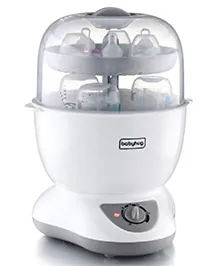
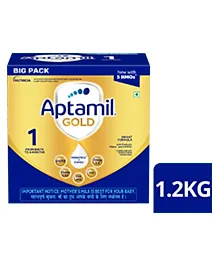
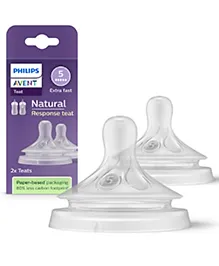
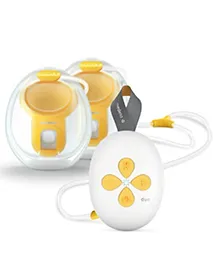
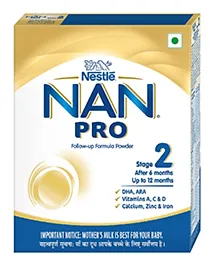
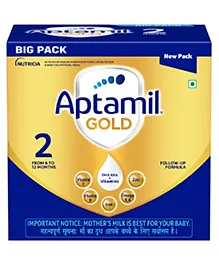
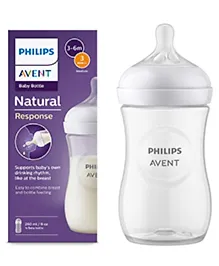
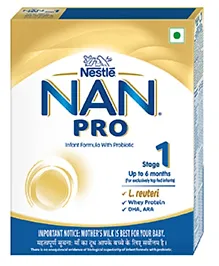
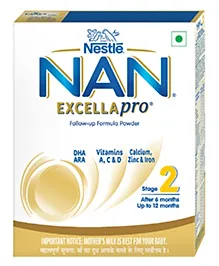



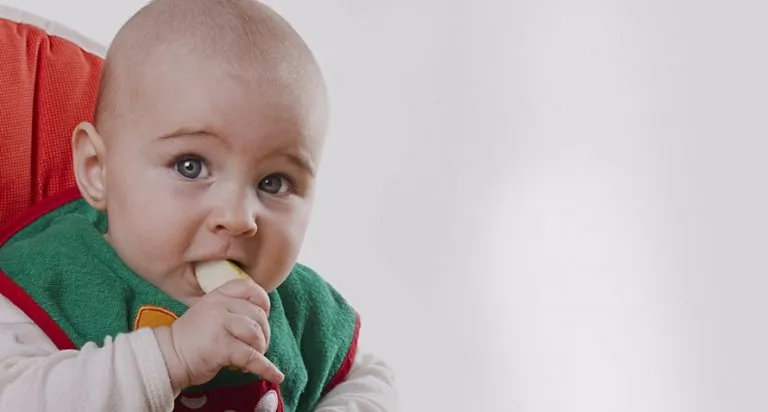

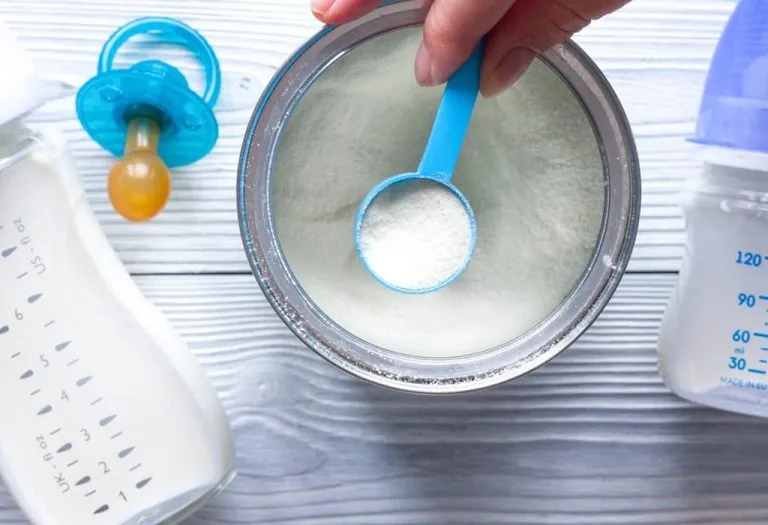

.svg)


















